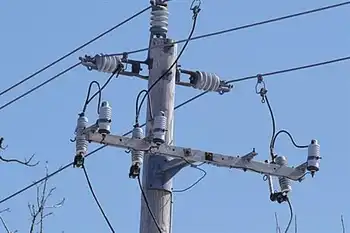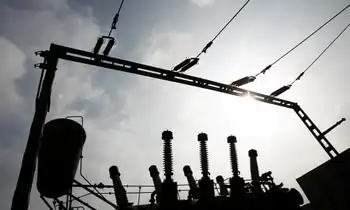Taiwan to invest $244 million in wind power by 2015
Taipower currently has 106 wind turbines in operation and another 56 under construction, located on the west coast and in the Penghu archipelago of Taiwan. The 50 proposed wind turbines will be developed in addition to those already under construction.
The coastal areas of Taiwan are recognized as ideal locations for windfarms, having at least six months of strong, persistent northwest winds each year, with an average wind speed of approximately 5-6 meters per second. Taipower began investments in wind power in 2002, and in August 2008 announced plans to have 200 wind turbines installed by 2010. In the longer term, the company plans to install a further 546 wind turbines between 2010 and 2020, with 176 of these situated in the Penghu archipelago and connected to the mainland by a 40-kilometer undersea cable.
Taipower is prepared to invest heavily in wind power, as the company sees this source of renewable energy as the most cost effective. According to Taipower, the cost of producing 1 kilowatt-hour of electricity from wind power is between $0.06 and $0.09. Generating the same amount of power from solar energy can cost as much as $0.61.
Last month, the Taiwanese government passed the Renewable Energy Development Act, which was greeted enthusiastically by the green-energy sector. The new act plans to encourage investments in renewable energy sources by offering equipment subsidies and low-interest loans, aimed at increasing the installed capacity of power generation from renewable sources 6,500-10,000 MW during the next 20 years.
In April 2009, two months before the new bill was passed, the local subsidiary of German wind turbine manufacturer InfraVest Wind Power Group threatened to withdraw from the Taiwan market unless Taipower raised the tariffs it pays for electricity produced by InfraVest wind turbines. InfraVest also called for the speeding up of the passing of the new Renewable Energy Development Act, a call that was obviously heeded by the government.
Currently, Taiwan has a total power generating capacity of almost 40,000 MW. Of this, renewable energy supplies a total of 2,250 MW, or 5.8%, of the total. Of the other sources of energy, the most productive is thermal power, producing about 28,000 MW, followed by nuclear energy, which produces 5,144 MW, and hydro energy, producing around 4,200 MW. By 2025, The Taiwanese government aims to have the installed capacity of renewable energy running at 15% of the total installed power generation capacity in the country.
These proposed increases in renewable energy sources are aimed at significantly reducing the carbon-emission levels in Taiwan. The government has set progressive targets for reducing carbon-dioxide emissions. By 2016, it aims to reduce emission levels back to those of 2008, and by 2025 the government hopes to reduce emissions back to 2000 levels.
Related News

Carbon emissions fall as electricity producers move away from coal
LONDON - Carbon emissions from the global electricity system fell by 2% last year, the biggest drop in almost 30 years, as countries began to turn their backs on coal-fired power plants.
A new report on the world’s electricity generation revealed the steepest cut in carbon emissions since 1990 as the US and the EU turned to cleaner energy sources.
Overall, power from coal plants fell by 3% last year, even as China’s reliance on coal plants climbed for another year to make up half the world’s coal generation for the first time.
Coal generation in the US and Europe has halved since…




